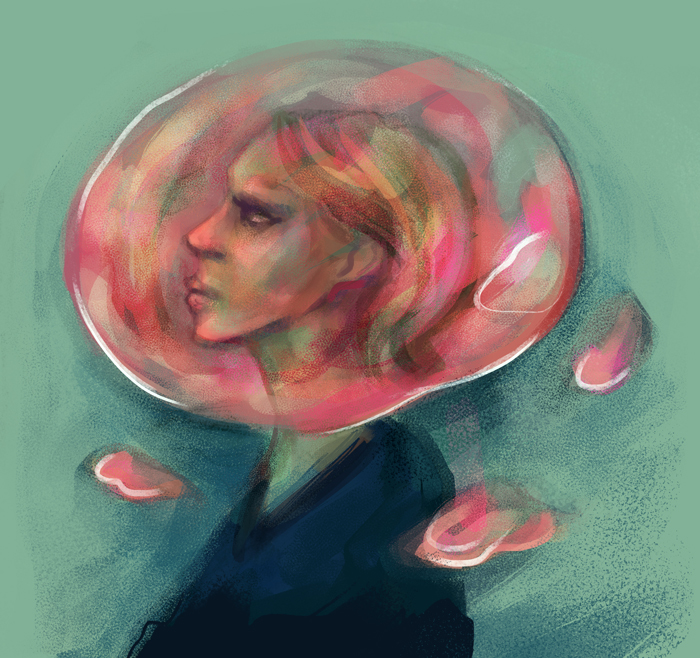It’s that time of year again, when mental health initiatives are becoming more active. With finals looming ahead, it may seem like the pervading mood on campus is generally negative. However, it’s important that we question whether these initiatives themselves are responsible for subconsciously swaying our mood this way.
The number of McGill students seeking mental health or counselling services on campus has increased by 57 per cent over the last three years. While the implementation of a Fall Reading Week could work to combat this spike in demand, a nation-wide mental health epidemic requires more systemic solutions. Investigators have a plethora of suspects: Our sedentary, sunlight-deficient lifestyle, the prospect of graduating jobless, or the feelings of isolation brought about by superficial connections made over social networks. A psychological phenomenon called the nocebo effect could partially cause this post-modern mental health decline in students.
Known as the evil cousin to the placebo effect, the nocebo effect occurs when negative expectations result in negative consequences, which in some cases are tangible physiological changes. For example, when a physician warns a patient that a procedure may hurt, studies have found that the patient ends up reporting more pain than if the suggestion hadn’t been made.
In 1998, the nocebo effect led to an unnecessary evacuation at a high school in Tennessee. A teacher reported feelings of dizziness, nausea, and headaches after noticing the smell of gasoline in her classroom. The school was evacuated and 99 students and teachers went to the emergency room reporting similar symptoms. An investigation later found no evidence of toxins in the environment, and no gasoline leak of any kind, concluding that it was a mass psychogenic illness.
Similarly, we can deliberate whether the mere suggestion of the symptoms of depression is partially responsible for this growing pandemic. Jay Olson, a PhD student in Psychiatry at McGill, agrees with this hypothesis.
“University students are often told that their program is difficult and that many of them will end up depressed,” Olson said. “Promoting awareness of mental health issues is good for obvious reasons, it reduces stigma and increases reporting of symptoms. But it could also help reinforce symptoms similar to the nocebo effect.”
While “Trying to Stay Afloat?” posters on campus play a significant role in destigmatizing mental health issues, it’s possible that they play a part in stimulating the symptoms through the nocebo effect.
Research on this topic is sparse; the broad effects are difficult to study due to the numerous variables that must be taken into consideration. Olson and his colleague, Samuel Veissière, an assistant professor in Psychiatry and Anthropology at McGill, are discussing ways to study the relationship between mental health initiatives and the nocebo effect.
With finals in sight, it’s important to be mindful of the nocebo effect’s impact on student well-being. Spend a minute sharing something interesting you’ve studied with a friend. Instead of taking lots of short interspersed study breaks scrolling through your newsfeed, save up and schedule a longer break to relax. Phone a friend, catch up on Riverdale, or buy yourself a cheesecake. Take up the activities that provide the positive reinforcement necessary to alleviate possible symptoms of the nocebo effect, and be successful this exam season.










—-reduces stigma
Do you not think it about time that students at McGill objected to being taught a “stigma”???
I do.